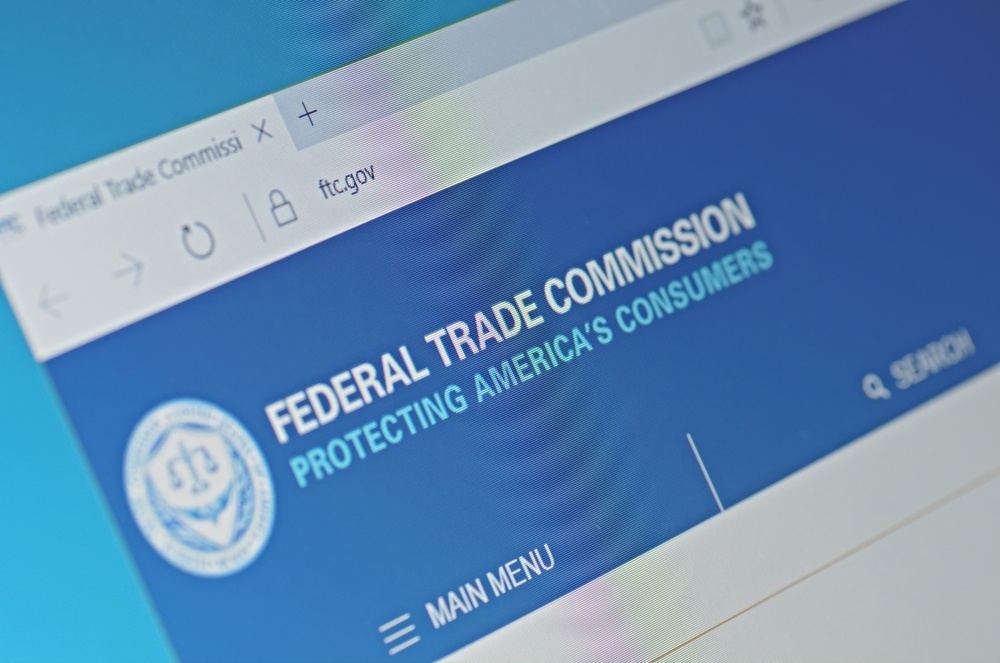Key takeaways
- The FTC sued Zillow and Redfin over a 2025 deal worth one hundred million dollars.
- The agreement named Zillow the only source for Redfin’s multifamily rental listings.
- Regulators say this pact hurt competition, cut choices, and raised ad prices.
- Shares of both companies fell after news of the lawsuit.
- The FTC wants the deal undone to restore a level playing field.
Understanding the Zillow Redfin antitrust lawsuit
Recently, the FTC filed a major antitrust case against Zillow and Redfin. The focus is a 2025 deal. In that pact, Zillow paid Redfin one hundred million dollars. In return, Zillow became Redfin’s exclusive source for multifamily rental listings. Now, the FTC claims this deal hurts both renters and landlords. Moreover, it says the pact drives up advertising costs for everyone. Across this article, we will break down why regulators took action and what may happen next.
What triggered the lawsuit?
In early 2025, Zillow and Redfin announced their partnership. Zillow agreed to pay Redfin a big sum. Then, Zillow gained sole access to Redfin’s multifamily rental listings. Meanwhile, other sites lost that same access. As a result, fewer platforms could show those rental options. Consequently, renters saw fewer choices in one place. Likewise, landlords paid more to reach tenants. This narrowed field prompted the FTC to dig deeper into the deal.
Key details of the Zillow Redfin antitrust deal
This section digs into the heart of the Zillow Redfin antitrust case. First, Zillow paid Redfin one hundred million dollars in cash. Second, Redfin agreed not to share its rental data with other platforms. Third, the term of the pact lasts several years. Therefore, the agreement effectively sidelined rivals. Although both companies called it “innovative,” regulators saw it differently. They argued it removed key competition from the market.
Why the FTC sued
The FTC’s core claim is simple: the deal stifles competition. By cutting out rival sites, the pact limits consumer options. In turn, landlords must pay more to advertise. Because other platforms lost access, they cannot compete on price. This creates higher fees across the market. Also, the FTC worries that big players will use similar tactics in future deals. Therefore, it moved to block the deal and break it up if needed.
Impact on consumers and the housing market
For renters, the lawsuit could bring real change. If regulators win, Redfin can share its listings again. That means more websites will show the same apartments. More choices could help tenants find better deals. For landlords, competition among listing sites may lower ad fees. In turn, those savings could lead to lower rents or more listing options. Overall, undoing the pact may boost a fairer housing market.
How the companies reacted
Both Zillow and Redfin announced they will fight the lawsuit. They argue the deal benefits consumers and the housing industry. The companies claim that shared data improves rental searches. They insist no one loses out because renters still see those listings on other platforms indirectly. However, the FTC remains firm that exclusive access harms competition. Investors have sent the stocks of both companies down since news broke.
Possible outcomes and next steps
If the court rules for the FTC, the deal may be unwound. Zillow might have to return the one hundred million dollars. Additionally, Redfin could share its data with other sites again. Alternatively, the companies might renegotiate terms under FTC supervision. In a worst-case scenario, they could face fines or limits on future deals. Meanwhile, regulators will watch closely to ensure no repeat behavior.
What comes next for the industry
This lawsuit sets a new tone for digital real estate platforms. Moving forward, big players will face stricter reviews of their partnerships. Moreover, regulators may challenge other deals that limit access to data. As a result, sites may avoid exclusive agreements. They might opt for shared data models instead. If so, consumers will likely benefit from more choice and lower costs.
Clarifying antitrust and exclusivity
Antitrust laws exist to keep markets fair and open. They stop big players from using deals to shut out rivals. Exclusive contracts can look helpful at first. Yet they often lead to higher prices and fewer choices. That is why the FTC stepped in here. By challenging this deal, the agency hopes to prevent similar pacts.
FAQs
What exactly is the Zillow Redfin antitrust lawsuit about?
The lawsuit targets a 2025 deal where Zillow paid Redfin one hundred million dollars. In exchange, Zillow got exclusive access to Redfin’s multifamily rental listings. The FTC argues this deal blocked other platforms and raised ad costs.
How might this lawsuit affect apartment hunters?
If the FTC wins, more sites will share Redfin’s rental listings again. That means apartment hunters can compare more options in one place. Plus, increased competition may lower advertising fees, which could lead to lower rents.
Will Zillow and Redfin face penalties?
The FTC may force them to unwind the deal and return the money. They could also face fines or new rules on future agreements. The companies say they will fight the lawsuit in court.
Could this case change real estate technology deals?
Yes. Regulators may block or closely review future exclusive data deals. As a result, digital platforms might avoid exclusivity to stay clear of antitrust scrutiny. This could encourage more open data sharing and healthier competition.

